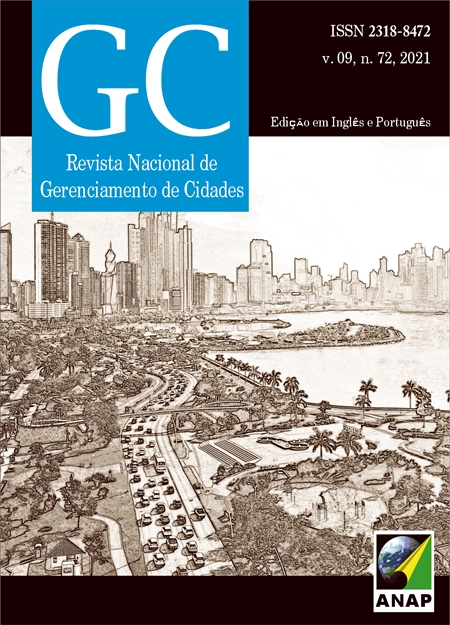Acoustic Behavior and Design of Large Urban Spaces – Canyon and Tunnel
DOI:
https://doi.org/10.17271/2318847297220212962Palavras-chave:
Ambient noise. Sound transmission. Urban Spaces.Resumo
Residents of large urban centers are daily exposed to urban noise pollution, especially to noise generated by traffic of vehicles. Environmental noise may harm the environment and the population's quality of life. Therefore, studies that aim to reduce the effects of noise pollution are extremely relevant. In urban divisions, there must be spaces between or in buildings to ensure access for people and vehicles. However, regarding sound transmission, these spaces are considered "weak points" as they ease the passage of urban noise to other spaces that have housing. Thus, this study, carried out in the city of Stuttgart/Germany, evaluates the influence of urban spaces called tunnel and canyon on the transmission of traffic noise to residential facades posterior to these spaces. Two locations were selected: the first with the presence of a tunnel-like space and the second with a canyon-like space. Through measurements and acoustic simulations, the current sound environment of the places was measured. In acoustic simulations, variations of geometric aspects and sound absorption coefficients of the internal surfaces of open spaces were also considered. The results show that the dimensions of open spaces are significant in sound transmission, especially the parameters width and height. The data also show that the installation of coatings with sound absorption on the internal surfaces of spaces is a viable measure from a technical point of view, as it resulted in an attenuation of up to 22 dB(A) on posterior facades.















